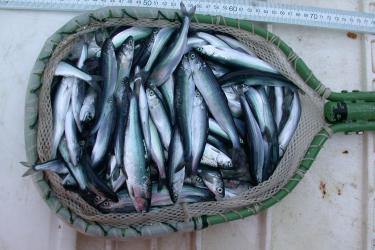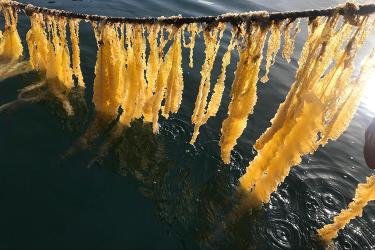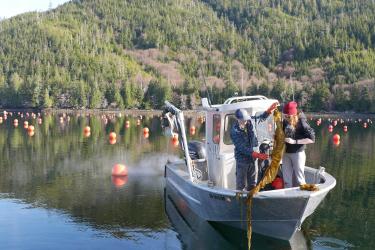We would like to address questions about the data NOAA Fisheries collects and analyzes to inform managers about the recent Alaska snow crab and Bristol Bay red king crab stock declines. Understandably these declines and subsequent fishery closures are of great concern, especially for the fishing industry, the fishermen who make their livelihoods fishing crab, and the communities that depend on these fisheries to support their economies.
NOAA Fisheries uses an Ecosystem Based Fisheries Management approach to assess environmental and climate influences on stock production. Recent declines in Bristol Bay red king crab fisheries are part of a 50+ year history of highly variable stock abundance that included previous fishery closures. The Bering Sea snow crab stock decline was more sudden and linked to extreme oceanographic events. In 2019, a marine heatwave was responsible for numerous marine ecosystem changes. The heatwave likely affected adult and juvenile snow crab survival in a number of ways (e.g., starvation, disease, migration, predation, etc.) leading to the population decline. Improving our understanding of all the factors behind these population declines is the focus of ongoing research.
In addition to ecosystem data, NOAA Fisheries and our State of Alaska partners have provided survey and fishery data and conducted stock assessments to track abundance trends and inform fisheries management since the 1970s in Alaska. Our science-based management process is outlined in Fishery Management Plans developed in accordance with federal requirements under the Magnuson-Stevens Act. Stock assessments and data sources are subject to a public, transparent, and rigorous, peer-review process. External experts are an important part of the review process to ensure that the integrity of the science and management responses are appropriate and based on the best scientific information available.
Climate change will continue to present challenges to our understanding of marine ecosystems in Alaska and elsewhere. We have a robust science enterprise and management system that will allow us to better prepare and adapt to these changes.


